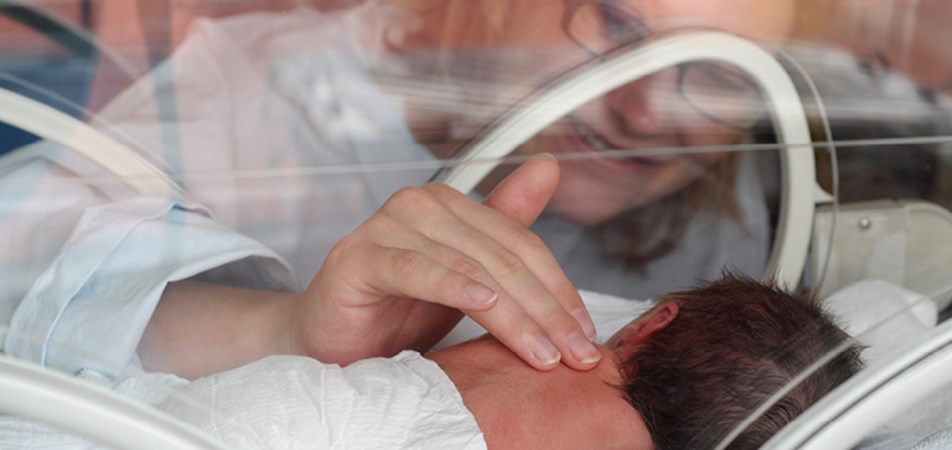To recover your password please fill in your email address
Please fill in below form to create an account with us

The PAEAN study will examine the effect of erythropoietin in near-term babies who have suffered from low blood or oxygen supply to the brain at birth. PAEAN aims to find out whether erythropoietin in addition to the standard of care treatment increases survival without moderate to severe disability at 2 years of age.
See ANZCTR for full trial details >
|
Trial Summary: |
A lack of oxygen (hypoxia) or low blood supply (ischaemia) before or during birth can destroy cells in a newborn baby's brain. The damage caused by the lack of oxygen continues for some time afterwards. This damage is called hypoxic ischaemic encephalopathy, or HIE. One way to reduce this damage is to induce hypothermia cooling the baby or just the baby's head for hours to days. Erythropoietan (Epo) given in the first week after bith shows promise as treatment that may also help. The PAEAN study is to find out whether Epo plus induced hypothermia (cooling) of near term newborn babies who have suffered from low blood or oxygen supply to the brain at birth reduces death and disability in survivors at two years of age. |
|
Supported By: |
NHMRC |
|
Eligibility: |
Infants born more than 35 weeks gestation with moderate or severe HIE. |
|
Registration ID: |
ACTRN12614000669695 |
|
Participation: |
A target of 300 babies born greater than 35 weeks gestation with moderate or severe HIE. |
|
Australian Lead Group: |
NHMRC CTC |
|
Status: |
Closed |
|
Activation Date: |
15/06/2015 |
|
Chairs: |
Professor Helen Liley |
|
Contact: |